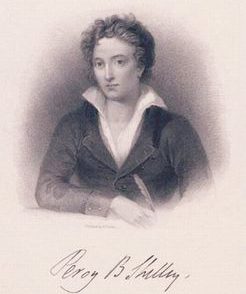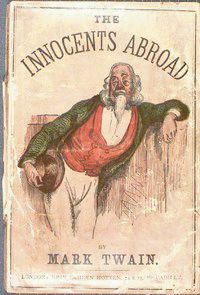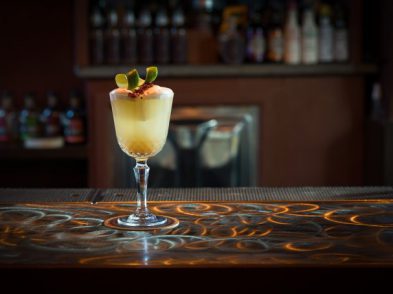The agony and the ecstasy of Holy Week and Easter have given rise to some of the most inspired musical masterpieces of our heritage. At this resonant time in the Church year, the extremes of human existence – suffering and consolation, darkness and light, death and rebirth – are laid bare and given voice in divine praise.
In Florence, this is a period of rituals, processions and festivals, culminating in the dramatic Scoppio del Carro, an ancient ceremony in which an ox-drawn carriage explodes into a riot of fireworks on Easter Day. More recently, a magnificent Holy Week festival celebrating sacred music from around the world has been held in the imposing Romanesque church of Santo Stefano al Ponte Vecchio. The Settimana di Musica Sacra dal Mondo (World Sacred Music Week) is organised by the Accademia di San Felice, a musical ‘academy’ based in Fiesole under the artistic direction of Andrea Cavallari and Federico Bardazzi.
The festival articulates the poignant evening and nocturnal hours of Holy Week with three concerts: at 6pm, chamber music, in the middle of the evening, some of the great sacred vocal works from the Classical canon, and at the close of the day, a concert of music for the dark hours illuminated by candlelight – a symbolic reminder of the lux aeterna. These atmospheric late-night concerts juxtapose ancient and contemporary, ethnic and experimental sound-worlds.
The festival opens on Friday 7 April with music by a composer whose religious devotion inspired a truly divine harmony – J.S. Bach. The Accademia’s resident early music group, Ensemble San Felice (director Federico Bardazzi) will recreate a Lutheran service for Palm Sunday, the day of Christ’s fêted and fateful entry into Jerusalem. The programme pairs Bach’s radiant Mass in G minor BWV 235 with the cantata for Palm Sunday ‘Himmelskönig sei willkommen’ (‘King of Heaven, thou art welcome’) BWV 182, a jubilant ‘welcome allegory’, perfectly apposite for this opening event.
The festival will also feature Bach’s Brandenburg Concertos, some of his chamber music and the dazzling Goldberg Variations – the extraordinary result of a commission by a Russian Count who required some music ‘of a smooth and lively character’ to relieve bouts of insomnia. It is hard to imagine, though, that this virtuoso tour-de-force could induce anyone to slip into the arms of Morpheus.
The Swiss theologian Karl Barth once said, ‘It may be that when the angels go about their task praising God, they play only Bach. I am sure, however, that when they are together en famille they play Mozart’.Fittingly, for the 250th anniversary of Mozart’s birth, the festival includes his two greatest choral works, both of which set texts from the Catholic liturgy and both of which he left unfinished: the seraphic Mass in C minor and the celebrated Requiem, which romantics have speculated Mozart was writing in premonition of his own imminent death.
Mozart’s is the first of two Requiem settings that will be heard during the festival. On 12 April, a British choir joins forces with local Italian musicians in Verdi’s ‘opera, in church vestments,’ written as a memorial to the Italian writer Alessandro Manzoni. The sweeping imagery of the ancient Requiem text and Verdi’s awesome depiction of the Day of Judgement, complete with ‘thunderbolts’ and shrieks of the damned, will no doubt have heightened pathos during Holy Week.
So too will a pair of enigmatic settings of the Stabat mater. This timeless Latin hymn depicting Mary’s agony at the foot of the Cross has been set through the centuries by composers from Abos to Zychowicz, and across cultures from Bellorussia to the Cameroons. There are famous Italian versions by Pergolesi, Rossini, Vivaldi and Verdi, so it is a refreshing and bold piece of programming to include two anonymous settings. The first comes in a richly eclectic programme of music from the Aragonese Court in Naples and will be performed late-night, by candelight, by the ensemble La Calliopea.
A very different setting will be heard in a spiritual journey for Holy Week recreated by the Confraternity of the Rosario di Santu Lussargu from Sardinia. These singers preserve an age-old musical dialect, passed down orally through generations of local peasants and workers, so presenting a powerfully evocative mix of island folk traditions and improvisatory embellishments of the Mass. Their haunting singing is intimately bound-up with the ceremonial rites of Holy Week – processions and symbolic representations of the flagellation of Christ, the Crucifixion and the Deposition.
For those seeking ‘something rich and strange’, the late-night concerts present exotic sound-scapes from all over the world. On 15 April, Trio di Volo aptly ‘takes wing’ in a musical journey that explores Jewish and gypsy music from Armenia to Arabia – a potent blend of vibrancy and dolour. And, the same evening, you can hear the much-loved singer Mauro Pagani and his trio in their popular programme Creuza da Ma, which traces the threads that link traditional musics from Algeria and Israel, Tunisia and Turkey.
The World Sacred Music Week (Settimana di Musica Sacro dal Mondo) takes place from April 7-15.
For information: Tel. 055 597 026
Box Office: Tel. 055 210 804






